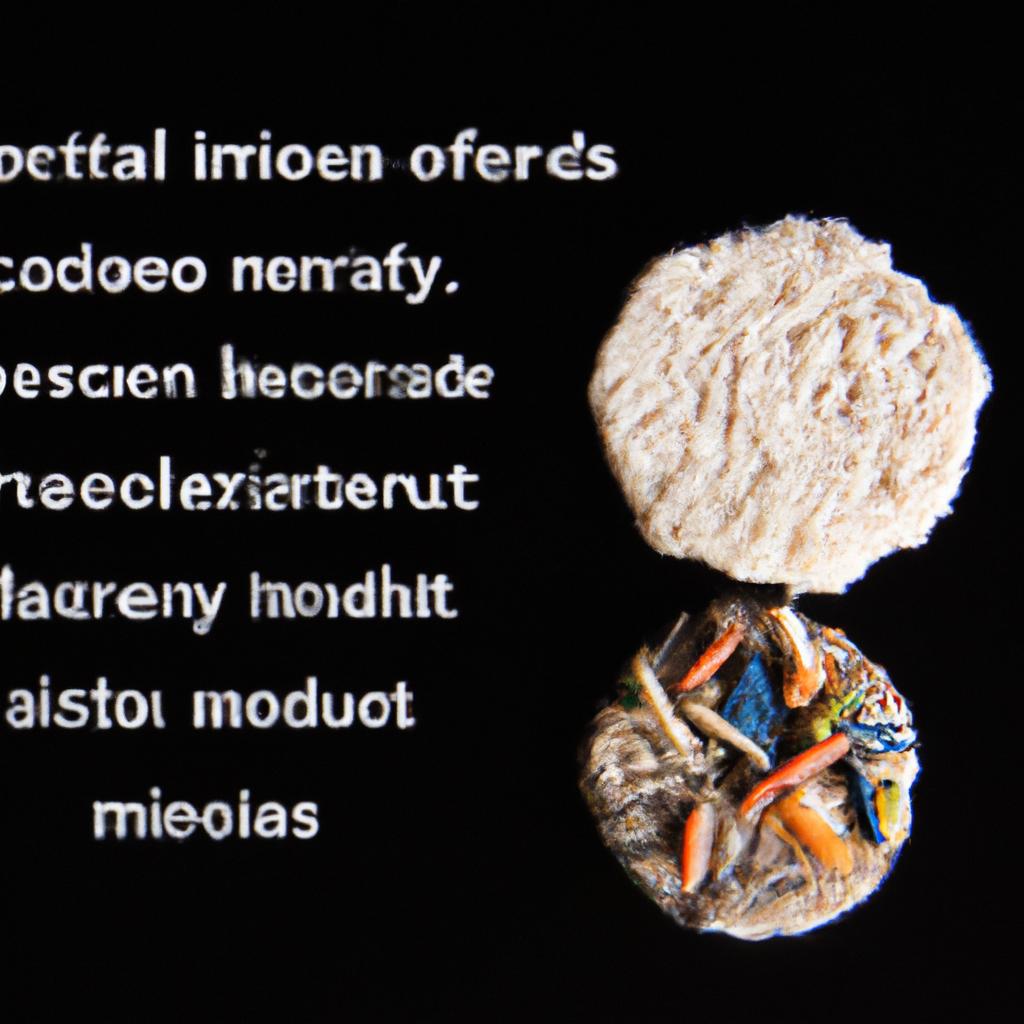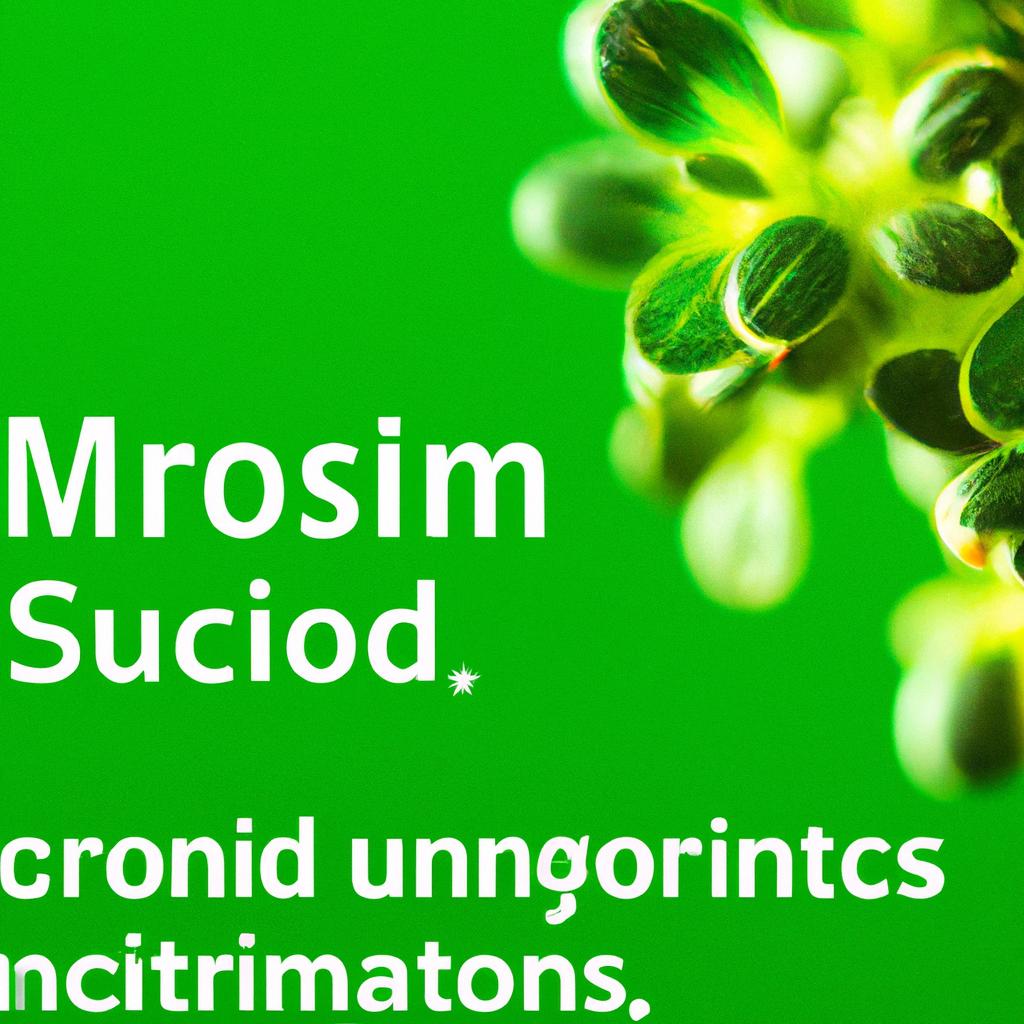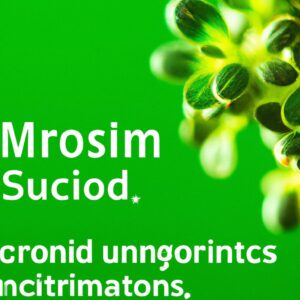The Role of Gut Microbiome Diversity in Athletic Performance: Exploring How a Balanced Microbiome Can Enhance Recovery and Endurance
The Role of Gut Microbiome Diversity in Athletic Performance: Exploring How a Balanced Microbiome Can Enhance Recovery and Endurance
The gut microbiome has garnered significant attention in recent years, shedding light on its crucial role in various aspects of health, including athletic performance. Athletes are constantly seeking ways to enhance their endurance, speed up recovery, and improve overall performance. However, many may overlook the importance of gut microbiome diversity in achieving these goals. In this blog post, we will explore how a balanced microbiome can enhance recovery and endurance in athletes, while also providing practical nutrition tips and exercise advice.
Understanding the Gut Microbiome
What is the Gut Microbiome?
The gut microbiome refers to the trillions of microorganisms, including bacteria, viruses, fungi, and archaea, that reside in the gastrointestinal tract. These microorganisms play a pivotal role in digestion, metabolism, and immune function. Moreover, they interact with our body’s systems in complex ways, influencing everything from mood to athletic performance.
The Importance of Microbiome Diversity
Diversity in the gut microbiome is essential for optimal health. A varied microbiome can improve the body’s ability to extract nutrients from food, regulate inflammation, and even modulate energy levels. Research has shown that athletes with a more diverse gut microbiome tend to perform better compared to those with less diversity. Consequently, maintaining a balanced microbiome could be a game-changer for athletic performance.
Nutrition Tips for a Healthy Gut Microbiome
Incorporate a Variety of Foods
To enhance gut microbiome diversity, athletes should focus on consuming a wide range of foods. This includes fruits, vegetables, whole grains, legumes, nuts, and seeds. Each food type provides different nutrients and fibers that feed various microbial species. For example, fiber-rich foods encourage the growth of beneficial bacteria. Therefore, diversifying your diet can set the stage for a more resilient microbiome.
Probiotics and Fermented Foods
In addition to a varied diet, athletes should consider incorporating probiotics and fermented foods into their nutrition regimen. Foods such as yogurt, kefir, kimchi, and sauerkraut contain live active cultures that can enhance gut flora. Furthermore, these foods can help restore the balance of your gut microbiome, especially after periods of intense training or competition.
Hydration Matters
Hydration is another crucial element that can influence gut health. Drinking sufficient water supports digestion and helps maintain the mucosal lining of the gut. Moreover, staying hydrated can improve nutrient absorption, which is vital for recovery and performance. Therefore, athletes should prioritize hydration before, during, and after training sessions.
Exercise Advice for Gut Health
Moderate Intensity Exercise
Exercise has been shown to positively influence gut microbiome composition. However, the intensity and duration of exercise matter. Moderate intensity workouts, such as jogging or cycling, can promote the growth of beneficial gut bacteria. On the other hand, excessive high-intensity training may lead to a temporary imbalance in gut flora. Therefore, incorporating a mix of moderate and high-intensity workouts can help maintain a healthy microbiome.
Recovery Days
Moreover, allowing time for recovery is crucial for both muscles and the gut microbiome. Intense training can disrupt gut health, leading to issues such as inflammation or dysbiosis (an imbalance of gut bacteria). Consequently, athletes should schedule regular recovery days and consider activities like yoga or light stretching, which can aid in gut health while allowing muscles to recuperate.
Mindfulness and Stress Management
Stress can adversely affect gut health, making mindfulness practices essential for athletes. Techniques such as meditation, deep breathing exercises, and even spending time in nature can help mitigate stress. Furthermore, lowering stress levels can support a more balanced microbiome, which in turn can enhance recovery and performance.
Health Benefits of a Balanced Microbiome
Enhanced Recovery
One of the most significant benefits of a balanced gut microbiome is improved recovery. A diverse microbiome can help reduce inflammation and aid in muscle repair, allowing athletes to bounce back more quickly after workouts. Moreover, a healthy gut can enhance nutrient absorption, ensuring that the body receives the vitamins and minerals necessary for recovery.
Increased Endurance
Athletes with a well-balanced microbiome may also experience increased endurance. Research suggests that a diverse gut can enhance energy metabolism, providing athletes with sustained energy levels during prolonged physical activity. Therefore, fostering a healthy microbiome could lead to improved performance metrics, such as faster race times or longer training sessions.
Overall Health and Well-Being
In addition to enhancing athletic performance, a balanced gut microbiome contributes to overall health and well-being. A healthy microbiome can support immune function, improve mental clarity, and even promote better sleep. Consequently, athletes who prioritize their gut health may find that they not only perform better but also feel better in their daily lives.
Conclusion
In conclusion, the gut microbiome plays a vital role in athletic performance. By focusing on gut microbiome diversity through nutrition, exercise, and stress management, athletes can significantly enhance recovery and endurance. Therefore, incorporating these practices into a training regimen may not only optimize performance but also contribute to overall health. As research continues to unravel the complexities of the gut microbiome, athletes should remain aware of how their diets and lifestyles can influence this essential aspect of their health.
FAQ
How does gut microbiome diversity impact athletic performance?
Gut microbiome diversity is crucial for optimal health and athletic performance. A varied microbiome enhances the body’s ability to extract nutrients from food, regulate inflammation, and modulate energy levels. Research indicates that athletes with a more diverse gut microbiome tend to perform better, suggesting that maintaining a balanced microbiome could significantly improve endurance and recovery.
What dietary changes can athletes make to improve their gut health?
Athletes can enhance their gut health by incorporating a variety of foods into their diet, including fruits, vegetables, whole grains, legumes, nuts, and seeds. These foods provide different nutrients and fibers that support the growth of beneficial bacteria. Additionally, incorporating probiotics and fermented foods like yogurt, kimchi, and sauerkraut can help restore the balance of gut flora, especially after intense training or competition.
What role does exercise play in gut microbiome health?
Exercise positively influences gut microbiome composition, particularly through moderate intensity workouts like jogging or cycling, which promote the growth of beneficial gut bacteria. However, excessive high-intensity training can disrupt gut health. It’s important for athletes to incorporate a balanced mix of exercise intensities and allow for recovery days to maintain a healthy microbiome, along with practicing mindfulness to manage stress levels.















Post Comment